笨狼发牢骚
发发牢骚,解解闷,消消愁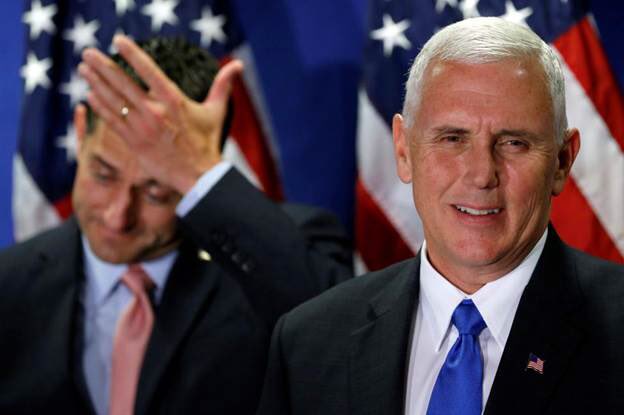
Crazy Maureen Dowd, the wacky columnist for the failing @nytimes, pretends she knows me well--wrong!
— Donald J. Trump (@realDonaldTrump) September 17, 2016
Wacky @NYTimesDowd, who hardly knows me, makes up things that I never said for her boring interviews and column. A neurotic dope!
— Donald J. Trump (@realDonaldTrump) September 17, 2016


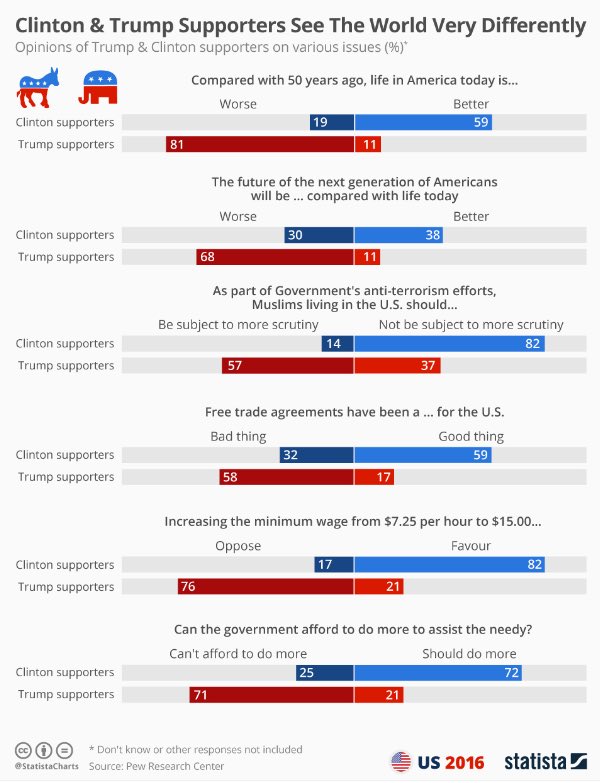
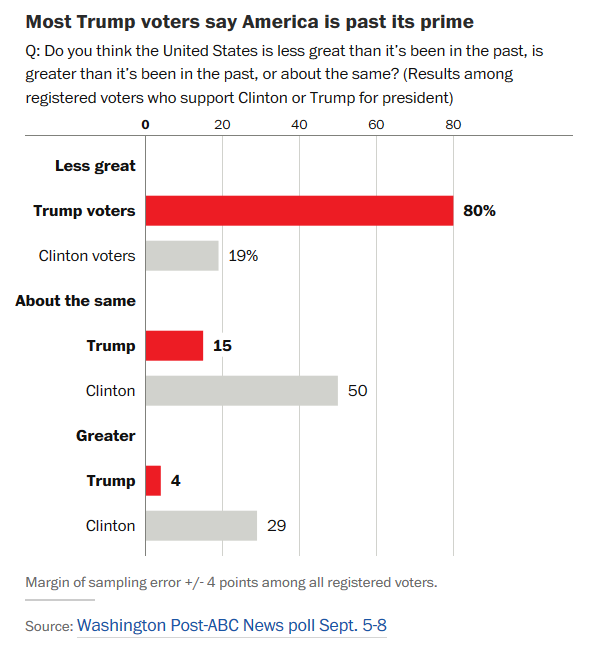


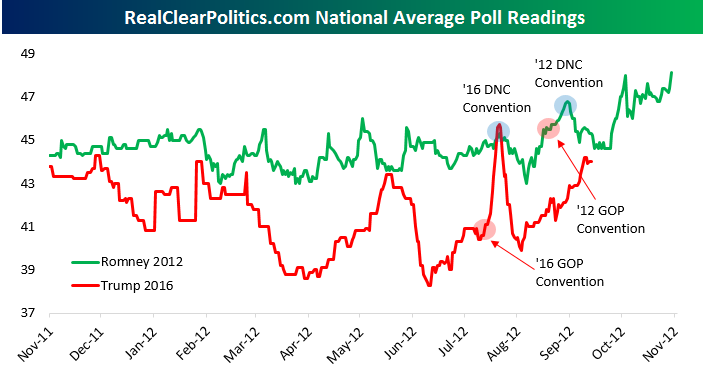
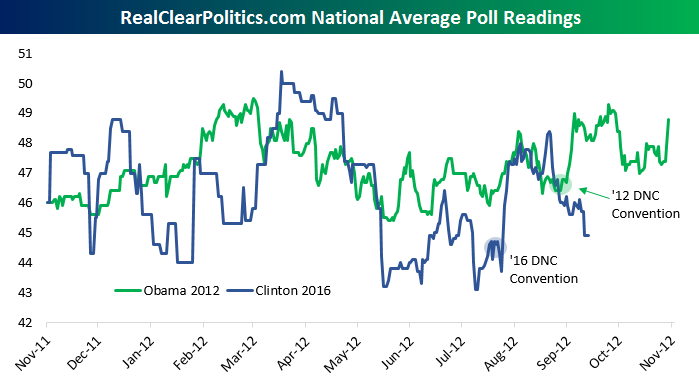
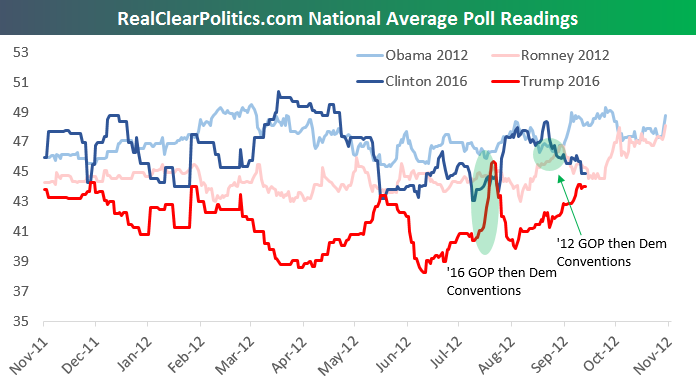
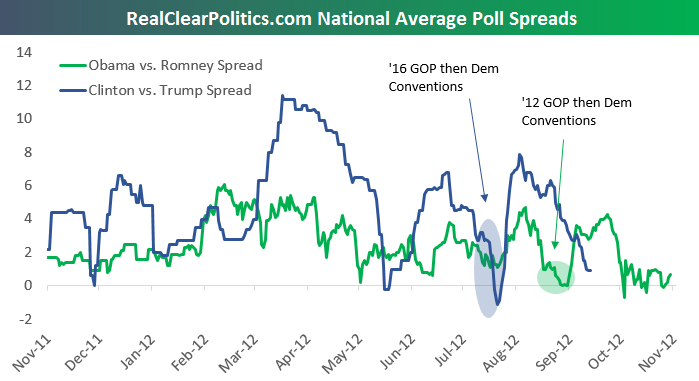
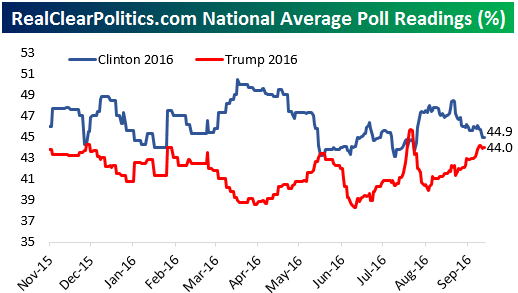
| REASON |
|---|
 |
|
THE MEDIA Everyone’s piñata. Trump will blame the media. Gary Johnson will blame the media. Jill Stein will blame the media. (The media will ask, “Wait, which one was Jill Stein?”) |
 |
|
THE RUSSIANS ARE COMING Actually, they arrived long ago and got into her phone. |
 |
|
MILLENNIALS Ugh. F**cking idealists, right? |
 |
|
BERNIE SANDERS Remember when people worried that running unopposed in the primary would hurt Clinton? It's going to be an endless wail about how Sanders should have withdrawn sooner. |
 |
|
BILL CLINTON You know how this will go down: Best campaigner of all time and he couldn’t close the sale. He lost his mojo. |
 |
|
SEXISTS Ugh. F**cking glass ceiling. |
 |
|
OBAMA PEOPLE If they could delete all of David Axelrod's tweets, they would. |
 |
|
JAMES COMEY He might as well have indicted her for real, like he did in the court of public opinion. Extremely careless. |
 |
|
DEBBIE WASSERMAN SCHULTZ AND THE DNC Her Soviet-style approach to boosting Clinton was something that Hillary’s campaign was happy to countenance. But the former DNC chair should have left room for dissent rather than let it bottle up. |
Shorenstein Center
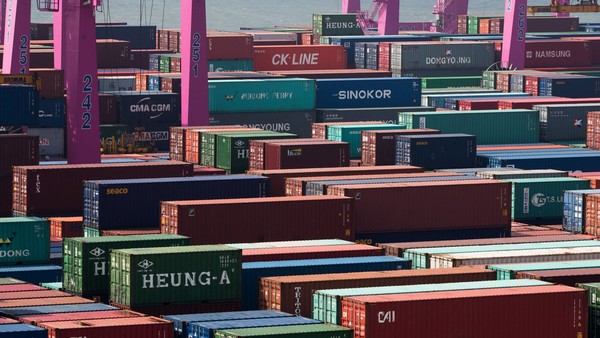


 ©James Ferguson
©James FergusonSometimes history jumps. Think of the first world war, the Bolshevik revolution, the Great Depression, the election of Adolf Hitler, the second world war, the beginning of the cold war, the collapse of the European empires, Deng Xiaoping’s “reform and opening up” of China, the demise of the Soviet Union, and the financial crisis of 2007-09 and subsequent “great recession”.
We may be on the brink of an event as transformative as many of these: the election of Donald Trump as US president. This would mark the end of a US-led west as the central force in global affairs. The result would not be a new order. It would be perilous disorder.
The fact that Mr Trump can be a credible contender for the presidency is astounding. In business, he is a serial defaulter and litigator turned reality TV star. He is a peddler of falsehoods and conspiracy theories. He utters racist calumnies. He attacks the independence of the judiciary. He refuses to reveal his taxes. He has no experience of political office, and incoherent policies. He glories in ignorance. He even hints at a federal default. He undermines confidence in the US-created trade order, by threatening to tear up past agreements. He undermines confidence in US democracy by claiming the election will be rigged. He supports torture and the deliberate killing of the families of alleged terrorists. He admires the former KGB agent who runs Russia.
Evidently, a huge number of US voters have lost confidence in the country’s political and economic systems. This is so to an extent not seen even in the 1930s, when voters turned towards an established politician. Yet, for all its challenges, the US is not in such terrible shape. It is the richest large country in the history of the world. Growth is slow, but unemployment is low. If voters were to choose Mr Trump — despite his failings, displayed again in the first presidential debate — this would tell us grim things about the health of the US.
It is the world’s leading power, so this is not just a domestic US concern. What might a Trump presidency mean? Forecasting the policies of someone so unpredictable is impossible. But a few things seem at least reasonably clear.
The US and its allies remain immensely powerful. But their economic dominance is in slow decline. According to the International Monetary Fund, the share of the high-income countries (essentially, the US and its chief allies) will fall from 64 per cent of global output (measured at purchasing power) in 1990 to 39 per cent in 2020, while the US share will fall from 22 per cent to 15 per cent over this period.
While the US military might is still huge, two caveats must be made. One is that winning a conventional war is quite a different matter from achieving one’s aims on the ground, as the Vietnam and Iraq wars showed. Furthermore, China’s rapidly rising defence spending could create serious military difficulties for the US in the Asia-Pacific region.
It follows that the ability of the US to shape the world to its liking will rest increasingly on its influence over the global economic and political systems. Indeed, this is not new. It has been a feature of US hegemony since the 1940s. But this is even more important today. The alliances the US creates, the institutions it supports and the prestige it possesses are truly invaluable assets. All such strategic assets would be in grave peril if Mr Trump were to be president.
The biggest contrast between the US and China is that the former has so many powerful allies. Even Vladimir Putin is not a reliable ally for China. America’s allies support the US largely because they trust it. That trust is based on its perceived commitment to predictable, values-based behaviour. Its alliances have not been problem-free, far from it. But they have worked. Mr Trump’s cherished unpredictability and transactional approach to partnerships would damage the alliances irreparably.
A vital feature of the US-led global order has been the role of multilateral institutions, such as the IMF, the World Bank and the World Trade Organisation. In binding itself by the rules of an open economic system, the US has encouraged others to do the same. The result has been extraordinary growth in prosperity: between 1950 and 2015, average global real output per head rose sixfold. Mr Trump does not understand this system. The results of repudiation could be calamitous for all.
A split-screen America will have seen different realities in the clash between him and Clinton
The Iraq war has damaged trust in US wisdom and competence. But the global financial crisis has been even more destructive. Many have long suspected US motives. But they thought it knew how to manage a capitalist system. The crisis devastated that confidence.
After all this damage, election of a man as unqualified as Mr Trump would call into question something even more fundamental: belief in the capacity of the US to choose reasonably well-informed and competent leaders. Under a President Trump, the democratic system would lose much of its credibility as a model for the organisation of a civilised political life. Mr Putin and other actual or would-be despots would cheer. Their belief that talk of western values is just hypocrisy would be vindicated. But those who see the US as a bastion of democracy would despair.
If Mr Trump were to win, it would be a regime change for the world. It would, for example, end efforts to manage the threat of climate change, possibly forever. But even his candidacy suggests that the US role in the global order risks undergoing a transformation. That role depended not only on American economic and military prowess, but also on the values it represented. For all its mistakes, the ideal of a law-governed democratic republic remained visible. Hillary Clinton is an imperfect candidate. Mr Trump is something else altogether. Far from making America great, his presidency might unravel the world.






克林顿真是个撇脚的政客,“淳阵过半时混蛋(deplorable)”那种话都说得出口,真的也得忍着,况且说这话实在是缺德,一大群人,再恶,也不能一棍子打死。
有时人真是鬼迷心窍,得了总统病,老觉得他人怎么搞的,我这么辛苦大家还刁难,不忿。人长时间在兴奋状态下度过,难免精神失常,说话也控制不住。据说她以前就说过了,上次没人留意,她自己忍不住,觉得委屈,又说出来了,翻船也可能了,不知道后悔到啥程度。
这也反映她的团队的问题,无尽的钱,几百人,全世界绝无仅有的第一流竞选班子、技术和资源,但事无巨细反而容易出错,而且克林顿心腹对她的肝胆涂地过头了,反而误了她,Blumenthal就是个例子。
现在民主党倾巢而出,可见大家紧张到何种地步。奥巴马大方向跟克林顿相近,但两人脾气不合,彼此不服,相互讨厌,不过奥仍旧马不停蹄,一是他顾全大局,二是他也慌了。
现在民众往往就一个影响就下赌注,鹿死谁手还真说不准。